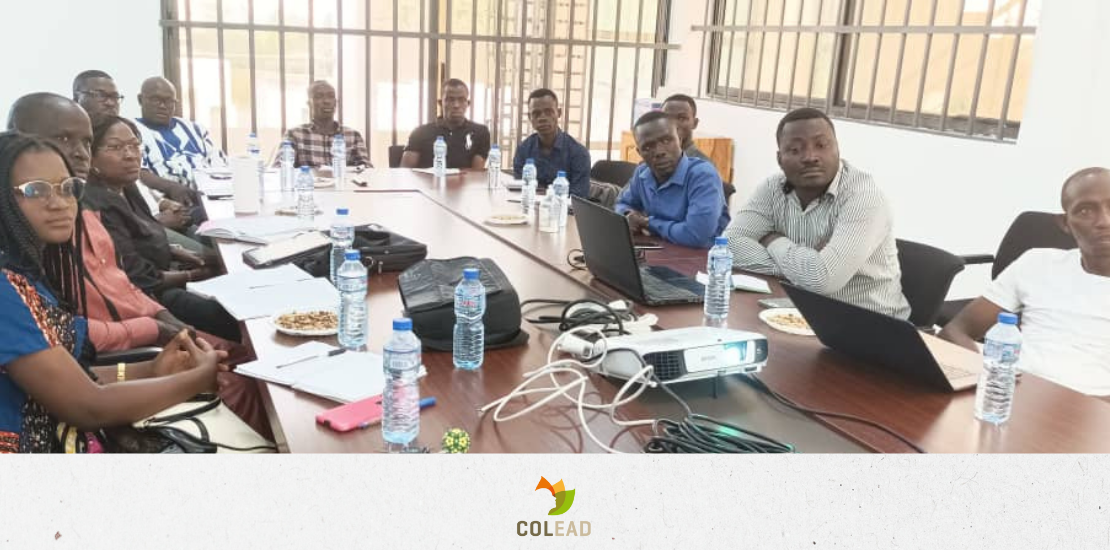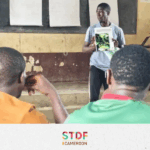- 15/07/2025
- Posted by: Sandra Borma
- Category: News

The consultation process, which officially began in June 2025, aimes to contribute to the development of the COLEAD 2030 strategy. Close to 300 contributions have been registered so far. These responses come from members, technical and financial partners, and the COLEAD team. This wide-ranging survey reveals some valuable initial findings, which we share with you here. Please note that there is still time to respond to the questionnaire (and at 2030@colead.link) as the consultation closes at the end of July. Please send an email to this address to express your interest. A detailed analysis of the results will follow, and from September onwards, workshops will be held on the key priority issues raised by stakeholders.
Mission and vision confirmed:
95% of respondents endorse COLEAD’s current mission, vision, and values, which are considered fully aligned with the challenges facing the agri-food sector and sustainable development. SDG 1 (poverty reduction) and SDG 2 (food security and nutrition) are widely supported as central axes for future action at this stage.
Priorities and modes of action:
Participants confirm the importance of the macro-meso-micro triptych in COLEAD’s approach: advocacy and inspiration at the global level; public-private dialogue, regulatory, market, and financial support at the national level; and high-quality, tailored online and field support for partner-beneficiaries. Seventy-five per cent of respondents want intensive field support while acknowledging the multiplier effect of digital technology.
Themes and areas of expertise to be strengthened:
The three most frequently cited topics are sustainable production, food security, and plant health. As for areas of expertise to be consolidated, technical assistance, training and market information were the most popular choices. The inclusion of women and young people, climate resilience and agroecology emerged as strong expectations across the board.
Governance and network:
More than 90% want to increase membership in line with the geographical scope of the programmes and 85% are in favour of integrating external partners into the governance of the association, thereby strengthening COLEAD’s position as a leading organisation to support the transition to sustainable agri-food systems.
Finally, 90% of participants believe that COLEAD will be able to increase the positive impact of its actions by 2030. Half of these participants expect this increase to be realistic and gradual, while the other half expect it to be exponential.
The detailed analysis of all the feedback will be available in September. See you in the autumn!





